The most unhappy people are the ones who always undervalue what they have, and overvalue what others have

The most unhappy people are the ones who always undervalue what they have, and overvalue what others have
In today's society, it is all too common for people to constantly compare themselves to others and feel inadequate because they believe that others have more than they do. This mindset can lead to feelings of unhappiness and dissatisfaction with one's own life. The saying, "The most unhappy people are the ones who always undervalue what they have, and overvalue what others have," rings true in this context.When individuals focus on what they lack or what others possess, they fail to appreciate the value of what they already have. This can lead to a never-ending cycle of discontentment and a constant desire for more. It is important for individuals to recognize and appreciate the blessings in their own lives, rather than constantly comparing themselves to others.
Furthermore, when individuals overvalue what others have, they often fail to see the full picture. They may envy someone's material possessions or social status without considering the sacrifices or struggles that person may have faced to achieve those things. This can lead to a distorted view of reality and a sense of inadequacy in one's own life.
On the other hand, when individuals focus on the value of what they already have, they are more likely to experience feelings of gratitude and contentment. By recognizing and appreciating the blessings in their own lives, individuals can cultivate a sense of fulfillment and happiness that is not dependent on external factors.
It is important for individuals to shift their mindset from one of comparison and envy to one of gratitude and appreciation. By focusing on the value of what they already have, individuals can cultivate a sense of contentment and happiness that is not dependent on external factors. Ultimately, the most unhappy people are those who fail to recognize the value of what they already possess and instead constantly compare themselves to others.
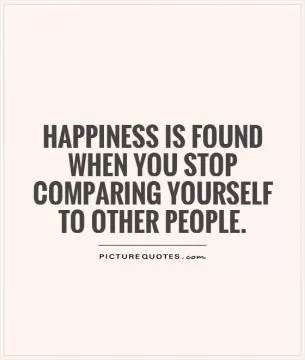

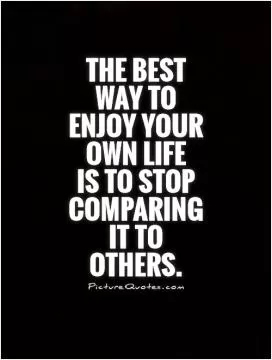

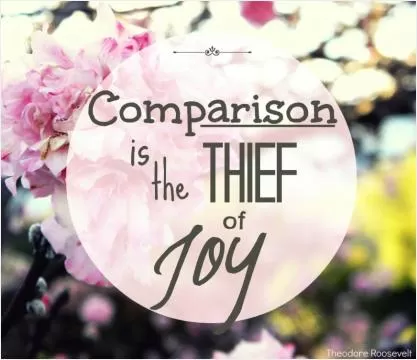
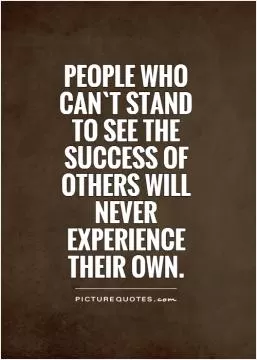

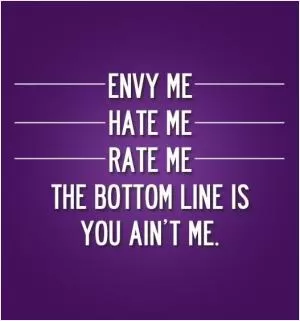
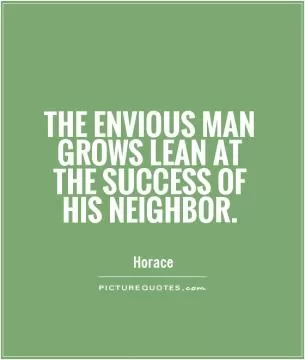
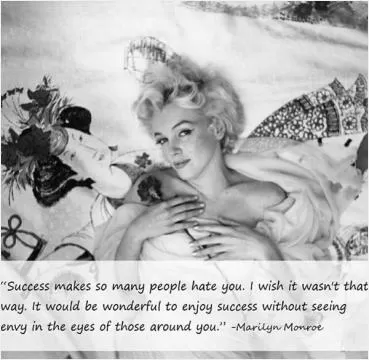


 Friendship Quotes
Friendship Quotes Love Quotes
Love Quotes Life Quotes
Life Quotes Funny Quotes
Funny Quotes Motivational Quotes
Motivational Quotes Inspirational Quotes
Inspirational Quotes